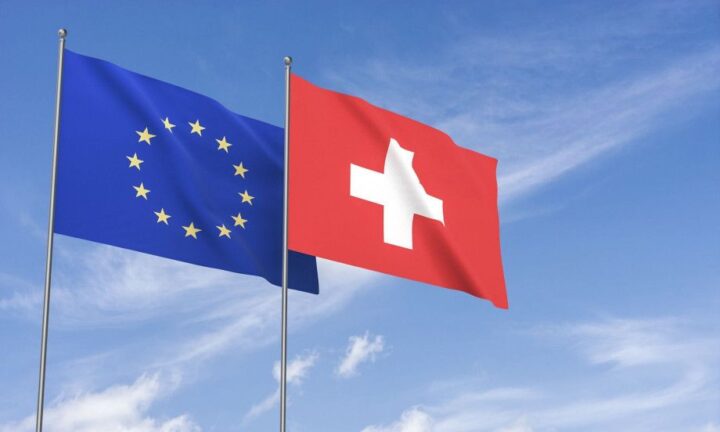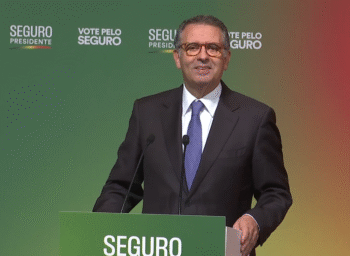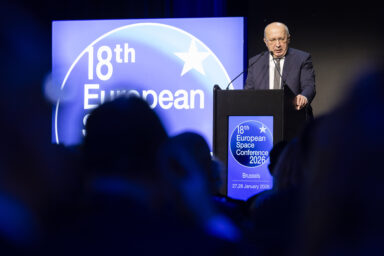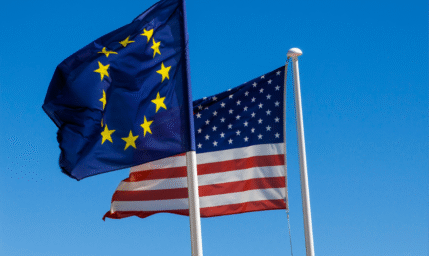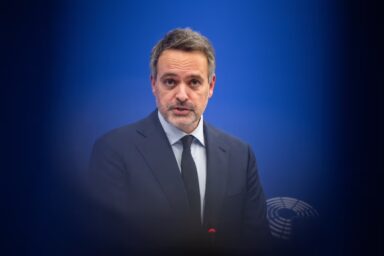The European Union and Switzerland have signed an agreement on Switzerland’s participation in a number of EU programmes focused on research and technology. The cooperation opens new capacity for pooling talent, research infrastructures, and industrial capabilities across borders. It is intended to accelerate progress on climate solutions, digital transformation, advanced manufacturing, health innovation, and energy security.
The agreement was signed on Monday, November 10, in Bern by Ekaterina Zaharieva, Commissioner for Startups, Research and Innovation, and Guy Parmelin, Swiss Federal Councillor and Head of the Federal Department of Economic Affairs, Education and Research. The cooperation includes key research and high tech programmes like Horizon Europe, Digital Europe, or Euratom Research & Training (R&T) programme. The agreement takes effect retroactively as of 1 January 2025. It also establishes Switzerland as a member of Fusion for Energy starting in 2026. That will allow Swiss researchers and industry to contribute to ITER, the world’s most significant international fusion energy project.
Association to Erasmus+, EU programme for education, training, youth and sport, is planned for 2027. In addition, once the Agreement on Health enters into force, Switzerland will be able to participate in the EU4Health programme.
Long history of cooperation
Though Switzerland, one of the richest countries on the planet, is not an EU member state, it is associated with the 27-member bloc through a series of bilateral treaties. Switzerland has adopted various provisions of the EU law in order to participate in the EU’s single market, without joining as a member state. Previous bilateral agreements include cooperation in the fields of free movement of people (Switzerland became part of the Schengen area in 2009), air traffic, road traffic, agricultural products, public procurement, and more.
The current agreement was negotiated between March and December 2024. Now, the EU and Switzerland will proceed with ratification of the entire package, in accordance with their respective procedures. The successful completion of the ratification process is essential to guarantee long-term cooperation in research and all other areas covered by the package, while modernising a foundational component of the strong EU-Switzerland relationship.
You might be interested
EU as even more valuable partner
The Swiss economy currently finds itself in a difficult position after American President Donald Trump in August 2025 imposed 39 per cent tariffs on exports from Switzerland to the United States. According to business leaders, this measure is causing massive damage to Switzerland’s export-oriented economy.
Although negotiations have been underway in recent weeks to reduce these tariffs to 15 percent, matching the rate that was imposed on EU exports to the US, many Swiss companies are nevertheless seeking to strengthen relations with other countries. The European Union as a whole is Switzerland’s largest trading partner, but the United States still leads in terms of individual countries.
